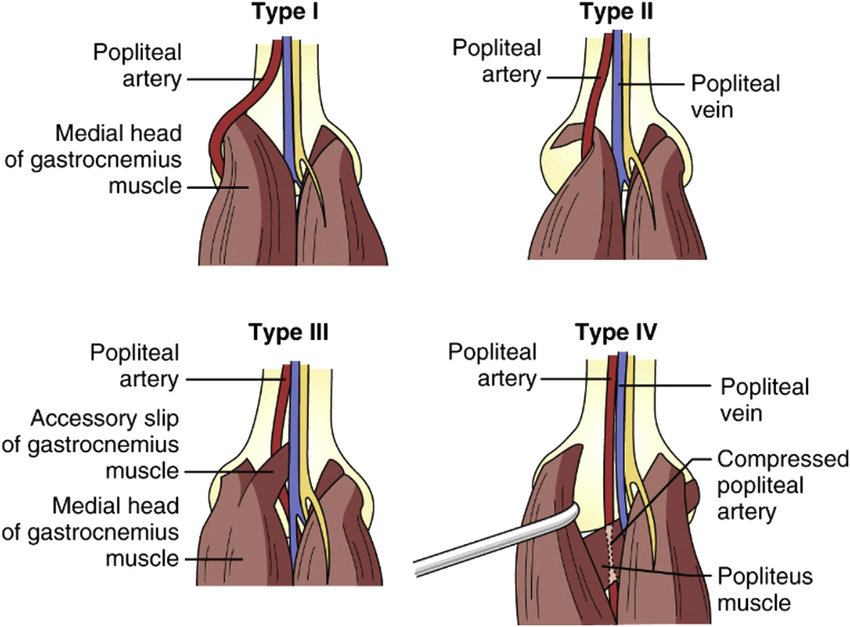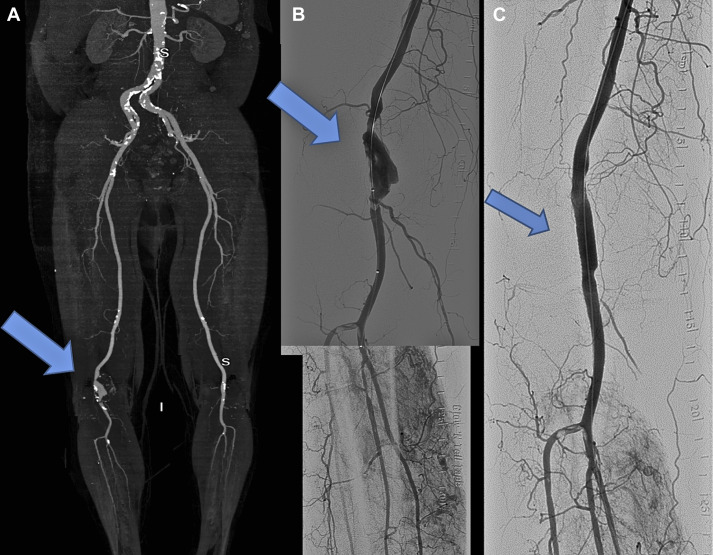
Popliteal stenosis, or PAES, is a condition that occurs when a blood vessel, usually a blood clot, blocks a narrow artery in the legs
A blood clot can block a blood vessel in either leg, causing permanent damage to the leg or just temporarily disrupting blood flow. When this happens it can cause a variety of symptoms and signs. This article explains what these are.
The most common symptom of PAES is chest pains and cramps. The condition is usually characterized by sharp pain on the left side of the chest that gradually goes away. Another symptom is cold and tingling in the foot (pychorrhexis). Sometimes, the pain can be located in another place as well, such as in the upper calf or ankle. Other signs and symptoms can include: cold feet after exercise or when resting. Tingling or numbing in the foot (nephromyalgia) and feeling of numbness in other parts of the body (hypochondria).
Arteries are blood vessels that carry blood from one part of the body to another. When a blood vessel is narrowed, the blood is no longer able to flow in a proper way and does not have the correct rate of circulation. An artery that is blocked can cause significant problems to the circulatory system.
If you notice that you are having an irregular heartbeat, or you notice an unusual amount of pain in your chest or neck that is accompanied by a sensation of heaviness in the legs, you should consult your doctor. If you have been diagnosed with heart disease, you should also be tested for PAES. If it is found to be present, your doctor will likely prescribe medication that will help to decrease the symptoms and reduce the risk of more serious problems. Your doctor can use an electrocardiogram or a blood test to detect the problem. This type of test can help your doctor determine if the problem is related to a larger problem, such as heart failure, or if there is a structural problem, such as a blocked artery or a hernia.
As mentioned previously, this condition can occur in either a leg or a whole body. If you have both legs affected, it is most likely PAES that is the cause.
Although PAES is not caused by a single condition, it is most commonly found in people who have had surgery and are not fully recovered. Surgery can cause damage to the heart and surrounding areas, such as the heart valves, and these can increase the risk of developing this problem. People who are recovering from a heart attack or have had a heart attack are at greater risk. Even if you have had a mild heart attack, or if you do not yet have any heart problems, you should take steps to reduce your risk of developing this problem.

If you have high blood pressure, diabetes or heart disease, you are more likely to develop the condition. If you smoke, you may also be at risk. Also, if you have had a recent or chronic illness, such as heart or lung disease or cancer, or if you are overweight, you are at risk. If you are pregnant or have a family history of high blood pressure, you may be at risk for developing the condition.
Some common causes of the condition include surgery, high cholesterol, smoking, excessive alcohol consumption, prolonged sitting, or even poor diet. These factors can cause the heart muscles to relax and make the heart work harder than expected, which can lead to narrowing of the arteries. This narrowing can increase the risk of heart attack or stroke and can lead to more serious conditions such as pulmonary embolism or cardiogenic shock.
The symptoms of this condition can vary greatly. These can include chest or abdominal pain, sudden pressure in the abdomen, or weakness. If you have these symptoms and your doctor suspects that you may have PAES, you should talk to your doctor immediately. In many cases, symptoms can be treated with medication or surgery, but a series of tests may also be required to confirm that they are caused by PAES and to determine what is causing them.
If you think you may have PAES, you should also consult your doctor first if you have chest pain, dizziness, or shortness of breath. These symptoms could be symptoms of something else, so your doctor may recommend that you get further tests or possibly x-rays. If you are over 35, you may also be screened for coronary heart disease or high cholesterol. If you are overweight, your doctor may want to test you for high blood pressure. Natural capsules can be used to lose weight Regina.